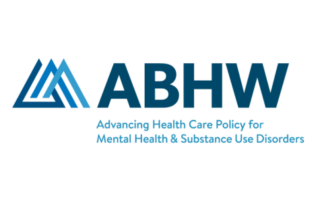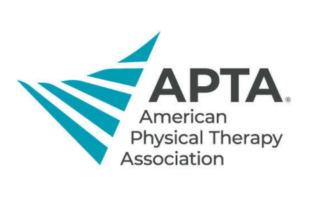Our Members
The Alliance for Connected Care aims to:
Demonstrate the importance of Connected Care as a tool for improved quality and efficiency.
Build significant and high-level support for Connected Care among leaders in Congress and the Administration.
Enable more telehealth to support new models of care.
Lift geographic and site restrictions for telehealth in Medicare.
Establish a consensus-based, standardized definition of Connected Care to advance with policymakers.
Alliance News
Ruderman Family Foundation: A Call for Change: Removing Barriers to Telehealth Mental Health Treatment for College Students
There are many obstacles to mental health care associated with regulatory restrictions on clinicians delivering services across state lines via audio, video, or other telehealth tools—limitations that adversely affect young people who need a doctor’s support while away from their home state for college, work, and travel. The Ruderman Family Foundation commissioned this white paper to examine these barriers to care and propose policy change grounded in research and a thorough understanding of how current medical licensing restrictions limit access to and continuity of care for young adults.
Office of the Assistant Secretary for Planning and Evaluation (ASPE): Trends and Disparities in Pandemic Telehealth Use among People with Disabilities
Office of the Assistant Secretary for Planning and Evaluation (ASPE): Trends and Disparities in Pandemic Telehealth Use among People with Disabilities This Issue Brief explores telehealth use for people and Medicare beneficiaries with disabilities. The study used data from the Medicare Current Beneficiary Survey (MCBS) COVID-19 2021 Winter Supplement and 2022 surveys, ASPE’s Medicare Telehealth Trends Dashboard, and the Census Bureau’s Household Pulse Survey (HPS).
Telemedicine and e-Health: Telemedicine for the Underserved Racial and Ethnic Minorities During COVID-19 and Beyond
Telemedicine and e-Health: Telemedicine for the Underserved Racial and Ethnic Minorities During COVID-19 and Beyond This study aimed to demonstrate a culturally and linguistically appropriate telehealth protocol can be implemented to improve the glycemic control of patients as an extension of regular clinical services and provide continuity of care. This telehealth platform was integrated with a remote patient monitoring system utilizing a Bluetooth-enabled glucometer for patients with diabetes compared to their abnormal baseline hemoglobin A1C (HgA1C). The Blood sugar values were recorded at predefined intervals to monitor controls for diabetes. The ethnic diversity and level of education of patients [...]
Journal of Cardiac Failure: Leveraging Remote Patient Monitoring to Effectively Put the Heart Failure Guidelines to Practice
Journal of Cardiac Failure: Leveraging Remote Patient Monitoring to Effectively Put the Heart Failure Guidelines to Practice Guideline directed medical therapy (GDMT) effectively reduces morbidity and mortality for patients with heart failure (HF). Unfortunately, despite clear recommendations for initiating and titrating GDMT, optimization of GDMT in HF patients nationwide is staggeringly low. Remote patient monitoring (RPM) has helped address these challenges and resulted in improved care for HF patients. Further adoption of comprehensive RPM and centralized medication titration by health systems is required to close care gaps, improve outcomes, and reduce cost. Additional coverage can be found on Fierce [...]
JAMA Health Forum: Audio-Only Telehealth Use Among Traditional Medicare Beneficiaries
JAMA Health Forum: Audio-Only Telehealth Use Among Traditional Medicare Beneficiaries Medicare expanded telehealth coverage during the COVID-19 pandemic, including for audio-only visits. In this cross-sectional study, telehealth visits as a proportion of all E&M visits and audio-only visits as a proportion of all telehealth visits decreased from 2020 to 2022. Nevertheless, audio-only visits represented a quarter of all telehealth visits in 2022. Compared with beneficiaries who received only in-person care or audiovisual visits in addition to in-person care, those who received audio-only care were more likely to be African American or Black, have medically complex conditions, and be dually [...]




















